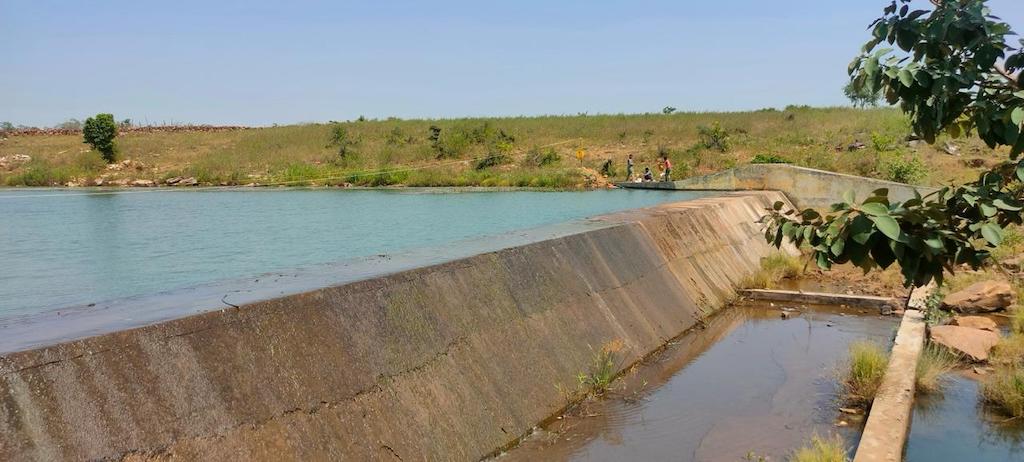Coca-Cola India Foundation – Anandana partnered with Haritika, a non-profit organization based in Madhya Pradesh, to implement an integrated watershed management project, ‘Pragati Graam,’ addressing the challenges faced by drought-stricken villages in the Bijawar block of Chhatarpur.
Residents of this area struggled with extended periods of aridity and stagnant agricultural productivity. The unavailability of water and erratic rainfall posed significant challenges for women who had to trek long distances to fetch water for household use.
Through this initiative, the construction of ponds and stop dams in the villages took place, leading to an increase in groundwater levels and improved access to water. The project not only addressed critical environmental and socio-economic challenges but also made the lives of local community members and women better as they no longer need to travel long distances to collect water, saving them time and effort.
Kalawati, a resident of Ganeshganj, Chattarpur, MP shared that, “The much-needed availability of water created by these ponds and stop dams has made our lives better. Now we don’t have to undertake long tiring walks to collect water for our daily usage. We are able to access water resources with much ease. This allows me to spend more time with my family, especially my children and I am able to work on our farm more.”
“We stand proud of our commitment to empowering the women of Madhya Pradesh by facilitating easier access to water through the construction of dams and ponds. This initiative not only reduces their burdensome daily task of collecting water from far off locations but also opens doors to endless possibilities in terms of improved agricultural livelihood, therefore, cultivating a future filled with promise and opportunity for both them and their families.” said, Rajiv Gupta, Director, Anandana, Coca-Cola India Foundation.
By harnessing water resources efficiently, the initiative continues to enhance agricultural productivity through improved irrigation techniques, enhance farmers’ income, ensure access to clean water for households, mitigate the effects of drought, and promote ecological conservation.
Disclaimer: This media release is auto-generated. The CSR Journal is not responsible for the content.


